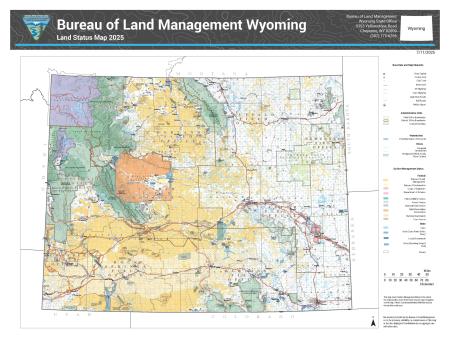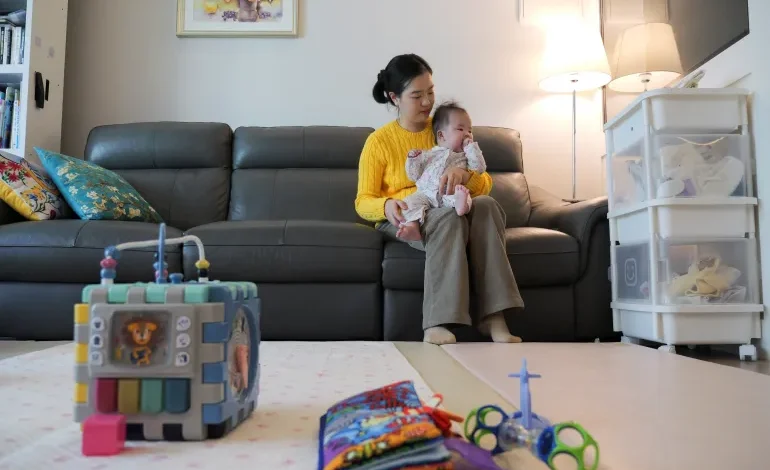After nearly a decade of decline, South Korea’s birth rate has risen for the first time in nine years, offering a glimmer of hope in the nation’s ongoing struggle with a rapidly aging population, Al Jazeera reports.
Statistics Korea reported a fertility rate of 0.75 children per woman in 2024, a slight increase from the record low of 0.72 in 2023. The crude birth rate also saw an uptick, reaching 4.7 births per 1,000 people, breaking a continuous downward trend since 2014.
This modest but significant increase comes after years of government efforts to combat South Korea’s world-leading low birth rate, a phenomenon driven by factors like the rising cost of housing and childcare, coupled with women prioritizing career advancement. The previous decade saw a dramatic plummet in the birth rate, raising concerns about the nation’s long-term sustainability, with projections suggesting a potential halving of its 51 million population by the end of the century.
Experts attribute the 2024 rise to several factors, including a backlog of marriages delayed due to the pandemic and, more importantly, the impact of government policies focused on promoting work-life balance, improving childcare access, and addressing housing concerns.
Under the leadership of then-President Yoon Suk-yeol, a new ministry dedicated to addressing the “national demographic crisis” was proposed. This signaled a shift from earlier, less effective strategies that primarily focused on cash-based incentives.
Significant policy changes implemented include:
- Enhanced parental leave: Employees are now entitled to receive 100% of their salary for up to six months when both parents take parental leave, a significant improvement from the previous three-month cap.
- Extended leave duration: The maximum parental leave period has been extended to one and a half years, up from one year, when both parents take leave.
- Corporate transparency & accountability: Starting this year, listed companies are required to disclose childcare-related statistics in regulatory filings, with incentives offered for participation in government projects and financial support provided to small and medium-sized enterprises.
The government has allocated 19.7 trillion won ($13.76 billion) to these key areas in 2024, representing a substantial 22 percent increase compared to the previous year.










The latest news in your social feeds
Subscribe to our social media platforms to stay tuned